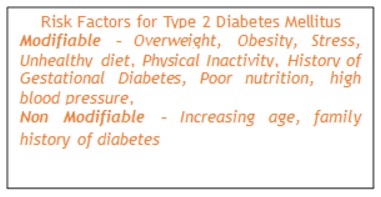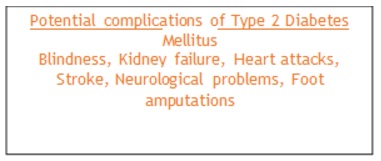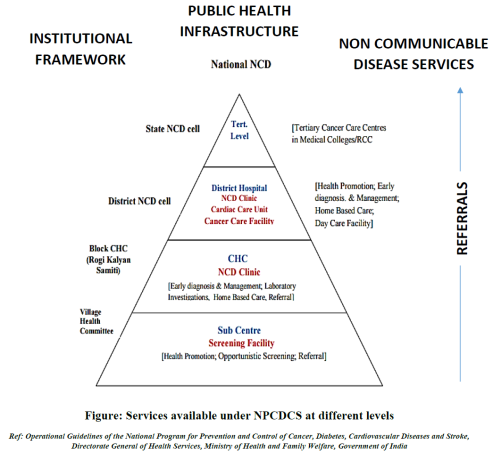
In recent years, India has emerged as the ‘diabetic capital’ of the world with an estimated 65.1 million diabetics in 2014-15, a staggering 440% increase from 1980. According to the World Health Organisation, this number is likely to cross the 100 million mark by 2030. The NCD Risk Factor Collaboration study, published in the Lancet in April 2016, observed that India witnessed a significant rise in prevalence rates of diabetes: more than double for men from 3.7% to 9.1%, a whopping 80% increase among women from 4.6% to 8.3%. The report also pegged the direct annual cost of diabetes for India at $73 billion.

Diabetes is not just an urban disease. Rural population has an almost equal prevalence of diabetes and is also at a high-risk for developing diabetes-related complications. While the Indian urban population has better access to reliable screening methods, anti-diabetic medications or alternate new age health models, unfortunately, its rural counterpart has limited such facilities, resulting in differential health outcomes.

Piramal Swasthya, a healthcare initiative under Piramal Foundation, works with the District Health Administration of Telangana towards addressing diabetes. Services such as door-to-door screening of adults above 30 years of age, mobile medical unit, lab, doctor's advice, specialist consultations, drug dispensation, referral as well as a health clinic is offered in Digwal district.
Early intervention: Preventing the onset and progress of the disease
Secondary Level: Screening the population to make an early diagnosis and initiating appropriate treatment to prevent complications
Tertiary Level: Managing complications (patient who has survived a cardiovascular event)
Public health infrastructure needs to strengthen at all three levels of care as addressing diabetes is contingent on how successful India is at primary care level.

The Government of India launched the National Program for Prevention and Control of Cancer, Diabetes, Cardiovascular Disease and Stroke (NPCDCS) to address the rising burden of non-communicable diseases. The role of NCD (Non Communicable Diseases) cells created at CHC (Community Health Centres) level is to ensure implementation and supervision of programme activities including health promotion, early diagnosis, treatment and referral. It is evident on the ground that there are gaps between the NCD strategy and its implementation, like limited integrated outreach models, education, and awareness activities. Cross learnings from Janani Shishu Suraksha Karyakaram for integration of outreach and remote monitoring, polio eradication and HIV (awareness) can be leveraged.
It is vital to study and innovate at the community level to create customised solutions which can be replicated and scaled. There is a need to collaborate in order to survive, thrive and transform the ecosystem through multi-sector partnerships. This will power the engine delivering solutions specific to these challenges to be really effective in a sustained transformation journey
Given the magnitude of the disease burden, it is imperative that India focuses on early intervention and preventive aspects to address diabetes.
The National Action Plan is to relatively reduce the risk of premature mortality by 25% and halt the rise of diabetes in India by transforming the health ecosystems through high impact solutions, partnerships and thought leadership. Driven by the responsibility to work with the government and by forging key collaborative partnerships, we believe that we can together get India to achieve this.
Vishal Phanse is CEO, Piramal Swasthya Management and Research Institute (PSMRI). PSMRI is a part of the Piramal Foundation, the philanthropic arm of Ajay Piramal Group. It works in the area of primary healthcare for vulnerable sections of society, with a focus on mother-child health and diabetes.